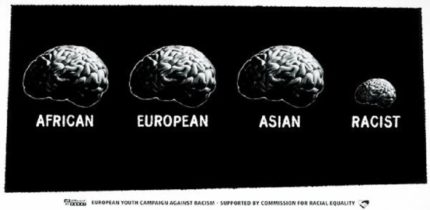The more television a child watches, the lower his self-esteem can be — unless he is a white boy.
That’s what a new report released by Indiana University asserts. According to it, there is a correlation between the time children spend watching television and what they watch and their perception of themselves. Researchers surveyed 400 boys and girls between the ages of seven and 12, 59 percent of the kids black, 41 per cent white. The hours they spent watching television were documented and the youths filled out a questionnaire with 11 categories to measure self-worth.
The report noted that on television, white males tend to be placed in positions of power and typically have attractive mates. This leads to white boys feeling positive about their prospects for life.
Female characters on TV often are viewed as sex object and their looks are emphasized over other qualities, according to the study, leading girls to potentially a position of inferiority.
Meanwhile, black males on television are often portrayed as criminals or unsavory characters, many times directing youths’ mind toward a similar path.
All of these images can have effects on a child’s self-esteem, which affects their behaviors, emotional well-being and academic performance, according to the study.
Nicole Martins, co-author of the study, said this issue can be countered. “Too much time in front of the screen may displace real-life experiences, such as playing a musical instrument, playing ball in the backyard, that could build a child’s feeling of self-worth,” Martins said. “Another option would be to actively mediate children’s media use so that they can more easily understand fantasy from reality.”
Above all, kids need to spend less time consuming media and more time experiencing life.


